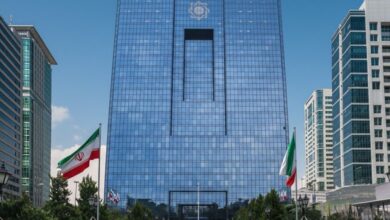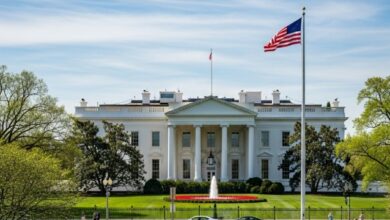From Moscow to Bangkok: How Russia and Thailand Are Embracing Crypto in Their Own Way

Two very different countries, Russia and Thailand, are moving forward with bold regulatory and financial experiments in the crypto space.
While Russia is piloting a tightly controlled digital asset trading environment for high-net-worth individuals, Thailand is opening the door for crypto payments in its booming tourism industry. Together, these moves reflect the growing global momentum toward integrating digital assets into traditional finance, albeit in uniquely tailored ways.
Russia Eyes Elite Crypto Trading Under Tight Regulation
Russia’s largest state-owned lender, Sberbank, is preparing to play a pivotal role in the country’s emerging digital asset ecosystem. As part of a new regulatory experiment, the bank will serve as both market maker and liquidity provider on future state-regulated crypto trading platforms. According to Alexander Zozulya, head of global markets at Sberbank, only qualified investors will be allowed to trade crypto assets directly, in a move that emphasizes caution and control.
The initiative is part of the Bank of Russia’s legal sandbox for digital asset trading, which aims to reduce systemic risk by restricting participation to wealthy individuals. To qualify, investors must hold at least 100 million rubles (approx. $1.25 million) in assets or have earned over 50 million rubles ($625,000) in the previous year.
Sberbank is also developing investment products that offer crypto exposure without requiring direct ownership of assets like Bitcoin or Ethereum. These products could include structured notes, tokenized financial instruments, or mutual funds, Zozulya noted, adding that the necessary infrastructure is already in place—pending regulatory approval.
Thailand Embraces Crypto Tourism and Financial Modernization
Meanwhile, Thailand is preparing to integrate digital currencies into its tourism economy. The Thai government plans to allow tourists to spend cryptocurrencies through wallets linked to credit card platforms, enabling merchants to receive payments in Thai baht while shielding them from crypto volatility.
The initiative was announced by Deputy Prime Minister and Finance Minister Pichai Chunhavajira during an investment seminar in Bangkok. The program, currently under review by the Finance Ministry and the Bank of Thailand, is expected to roll out once the underlying infrastructure and regulatory framework are finalized.
Beyond tourism, Thailand is also undertaking broader financial reforms aimed at aligning the treatment of traditional capital markets and digital assets. Pichai emphasized the need for legal harmonization, stating that legacy restrictions on institutional investors—such as life insurers and large pension funds—may soon be lifted, allowing for more diverse asset allocations.
The government is also considering updates to rules governing treasury shares, high-frequency trading, and market enforcement mechanisms. A draft law in progress could expand the authority of the Thai SEC, enabling it to refer major financial misconduct cases directly to prosecutors.
Digital Bonds and Blockchain Innovation
Thailand’s crypto-forward stance is further illustrated by the planned issuance of $150 million in digital investment tokens, which would allow retail investors to purchase government bonds in fractional amounts. Known as G-Tokens, these blockchain-based instruments aim to democratize access to sovereign debt and improve yield for savers.
Earlier this year, the Thai SEC also announced plans to launch a tokenized trading system for institutional investors, underscoring the nation’s gradual shift toward a digitized financial market.
Two Paths, One Future
Though their strategies differ, both Russia and Thailand are signaling serious intent to incorporate digital assets into their financial ecosystems. Russia is treading carefully, targeting elite investors under strict regulatory oversight. Thailand, on the other hand, is leaning into innovation by fusing crypto with tourism and retail investment infrastructure.
Both countries, however, share a common vision: positioning themselves to navigate the global shift toward crypto-integrated finance, on their own terms.





